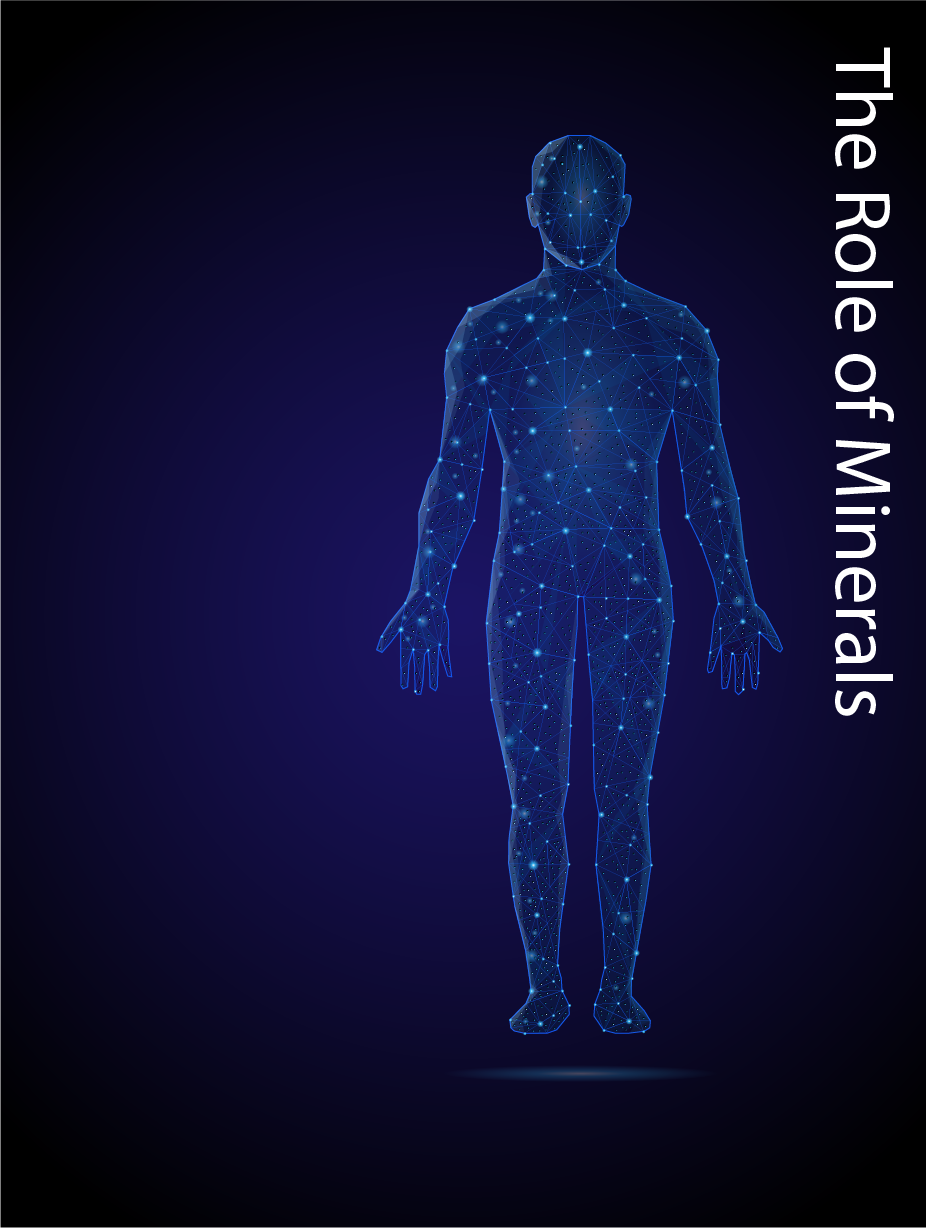R&D Center
The Role of Minerals
The Role of Minerals
A balanced diet and sufficient mineral intake are very important for maintaining our health and quality of life.
In addition to disease prevention, mineral intake helps in disease situations as well.
-
Disease prevention
Proper mineral intake helps prevent various diseases.
Immune system stability
It protects us from infection and disease
Hyperimmunity is reduced, and reduced immunity is raised to stabilize -
Growth and development
It is essential for the growth and development of children and adolescents.
Stress management
It can help manage stress and reduce anxiety and fatigue caused by stress.
-
Energy production
Minerals participate in the process of generating energy. And it supports the body's metabolic process.
Nerve function and emotional stability
It supports emotional stability and brain function by controlling the production and balance of neurotransmitters. This can also help manage depression and anxiety.
-
Inflammation control
Some minerals and antioxidants help relieve inflammation and reduce inflammation.
Bone-related disease
It can maintain bone health and reduce the risk of fractures
-
Diabetes mellitus
Minerals can stabilize blood sugar levels and improve insulin sensitivity.
High blood pressure
A balance between sodium and potassium is needed. Potassium helps stabilize blood pressure.
-
Heart disease
It supports heart health. Magnesium reduces the risk of angina, and calcium and potassium reduce the risk of atrial fibrillation.
Anticancer treatment
It is involved in the immune system and helps maintain energy levels by being involved in lowering blood cell levels due to anticancer. It helps control nerve function and manage stress.


